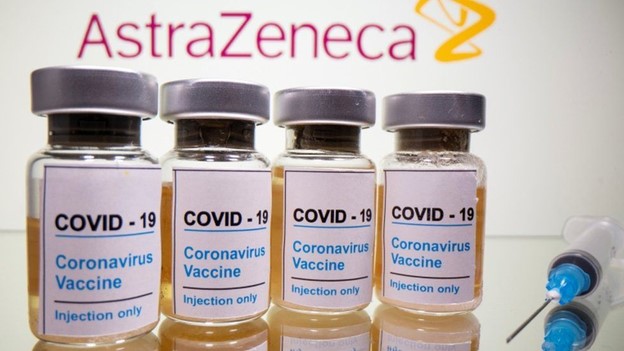In a new analysis of its phase three trial in the United States, AstaZeneca has determined their COVID-19 vaccine to be 76% effective. This new data shows a three percent change from their initial report earlier this week stating their efficacy rate to be 79% effective against the coronavirus disease. AstraZeneca’s original filing came under public scrutiny from health officials in the United States because their data did not include more recent infections.
The latest revision to the efficacy rate puts AstraZeneca back on track to gain emergency use authorization by the United States, which they expect to seek in the coming weeks. Their vaccine, developed with Oxford University, has been deemed 100% effective in severe forms of the disease and hospitalization while having an 85% efficacy rate with adults 65 and older. While the AstraZeneca vaccine does not compare favorably to the 95% effective rate to counterparts Pfizer/BioNTech and Moderna, it is cheaper and easier to transport compared to rival shots. AstraZeneca’s vaccine is viewed as crucial to tackle the spread of the virus across the globe and has already been granted emergency use authorization in more than seventy countries.
Earlier this month, health officials across Europe suspended the use of the AstraZeneca vaccine over fears of blood clots in some vaccinated people. Prior to the temporary suspension of their vaccine, roughly five million people in Europe had received their inoculation and of this figure, there were thirty cases of “thromboembolic events,” which refer to blood clots forming in the blood vessels blocking blood flow. It will be interesting to follow this situation over the coming weeks as the United States seeks to add a fourth vaccine to its arsenal to combat the Coronavirus.
https://www.cnbc.com/2021/03/24/covid-vaccine-astrazeneca-issues-updated-phase-3-trial-data.html




